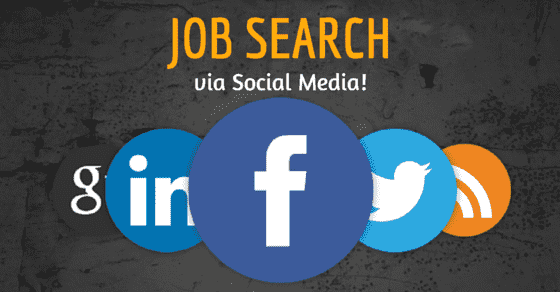
The Influence of Social Media on the Decisions of Universities
Introduction:
Harvard University is well known for its excellence in teaching, provision of great learning opportunities, research stats, and raising leaders in several disciplines who make a difference globally. Harvard is the oldest institution in the United States, built in the medieval in 1636.
The University is situated in Cambridge and Boston, Massachusetts. Harvard Faculty is adept at pushing research and teaching skills across the boundaries of human knowledge.
Admission Criteria at Harvard University:
Harvard purveys an unparalleled student experience and provides with unstinting funding for the undergraduate students who are willing to bring powerful change in the world and are highly focused on investigating the solutions of the biggest problems of the twenty-first century (Magaldi et al., 2017).
The academy is commendably competitive and sets an exceptionally higher merit requirement for the admission. It includes school reports and teacher recommendations, standardized test scores, SAT score which lies between 1460 (i.e., below average) to 1590 (i.e., above average).
Harvard rescinded Admission of ten students:
In 2017, Harvard University rescinded the admissions of the fresh year students on account of sharing offensive memes, that were discovered on their Facebook (EL FERCI et al.,2018).
As per the shared article in the Harvard Crimson, the group of students has posted memes mocking sexual assault, holocaust, and the death of children. One post depicts the hypothetical hanging of a Mexican child “piñata time”. Racism, sexism, and other forms of discrimination is certainly intolerant and inhumane.
The University officials strictly revoked admissions of ten students in mid-April, after discovering the obscene content.
Impact of Social Media on the Recruitment Process:

Internet networking has globally evolved with changes in consumer usage and application patterns (Kota, 2018). It has now become the mode of conducting business, seeking jobs, and hiring applicants.
Billions of employers around the world are using social networking sites to look up for the talent they dream of. The employers are extensively approaching these sites to diligently evaluate the background and the portfolio of the applicants and to configure whether they are a suitable fit for the job position or not, depending on their shared information on these sites.
According to a recent study by the Society for Human Resource (SHRM) concluded that 84% of recruiters search for selected candidates’ social media information and 43% employers screen job candidates through social networks and search engines. Social media has enforced a captive hold on human interaction, communication, and thought exchange.
In my opinion, Educational institutes, as well as recruiters, can abstract benefit from the provided information to analyze the moral characteristics, and psyche of prospective students and the selected candidates.
It can aid them in maintaining their ethnic core values by avoiding such candidates in the organization and in protecting the workplace environment. In this way, probable criminal acts can be condemned. Harvard University, a pinnacle of higher education has notably set a laudable example in this regard.
References
El Ferci, l.i.l.i.a. and Yahia, i.b., 2018. exploring managerial empowerment practices on social media: a qualitative study.
Kota, M.K., 2018. Influence of MSME Classification on the Antecedents of Social Media Usage–an Empirical Study Conducted on Select Micro, Small and Medium Enterprises of Hyderabad, Telangana. Int J Recent Sci Res, 9(4), pp.26377-26383.
Magaldi, J.A., Sales, J.S. and Cameron, E.A., 2017. How the NLRB’s Decisions in Cases Involving Social Media Are Narrowing the Definition of Concerted Activity-Whether Employees like It or Not. U. Tol. L. Rev., 49, p.233.




